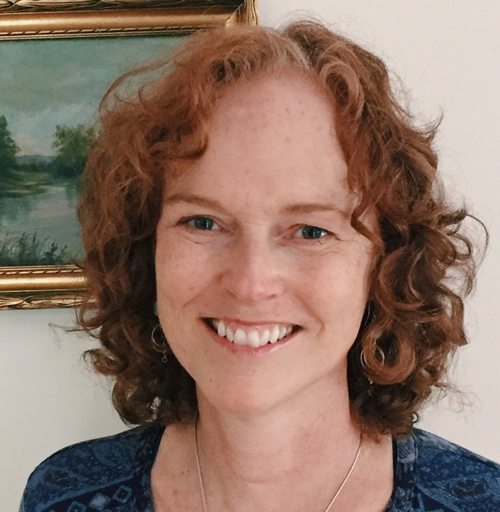Dean of Liberal Studies on “Academic Minute”
 Landmark College's dean of liberal studies Lynne Shea was featured today on WAMC's "Academic Minute." She talked about how colleges and universities can reframe their approach to students with LD from deficit to diversity, leading to better outcomes for schools and society.
Landmark College's dean of liberal studies Lynne Shea was featured today on WAMC's "Academic Minute." She talked about how colleges and universities can reframe their approach to students with LD from deficit to diversity, leading to better outcomes for schools and society.
Click here to go the Academic Minute web site and listen to the recording. A transcript of Shea's remarks are below.
~~~~~~~~~~~~~~~~~~~~~~~~~~~~~~~~~~~
From Disability to Diversity
Students who have learning differences, such as dyslexia, attention deficit disorder, and autism spectrum disorder make up approximately 20 percent of the population, and are increasingly enrolling in college. These so-called invisible disabilities affect learning in diverse waysm yet most students who received special education in K-12 schools–83 %–don’t disclose their diagnosis or seek accommodations in college.
Significantly, 60% of students with disabilities enroll in postsecondary education but more than half will not graduate. This phenomenon impacts not only the individual who fails to thrive but also imposes a cost on institutions, employers, and, broadly, society.
Based on recent research in the fields of neuroscience and genetics, it is more accurate to view learning differences through the lens of cognitive neurodiversity. Better understanding of diverse cognitive profiles is leading educators to improve curricular and program design to optimize students’ success and graduation rates. Recommended practices include promoting universal design for learning, developing college-wide support systems for students who learn differently, and providing training to both faculty and staff to increase understanding and reduce the stigma often associated with neurodivergence.
Reframing learning differences from a medical model that emphasizes deficits to a diversity model that affirms the value of every student is a choice that can create greater equity in education. By acknowledging the role of both the individual and the learning environment in creating disparate outcomes for a significant percentage of the population, we can potentially improve higher education for all learners.
- Lynne Shea